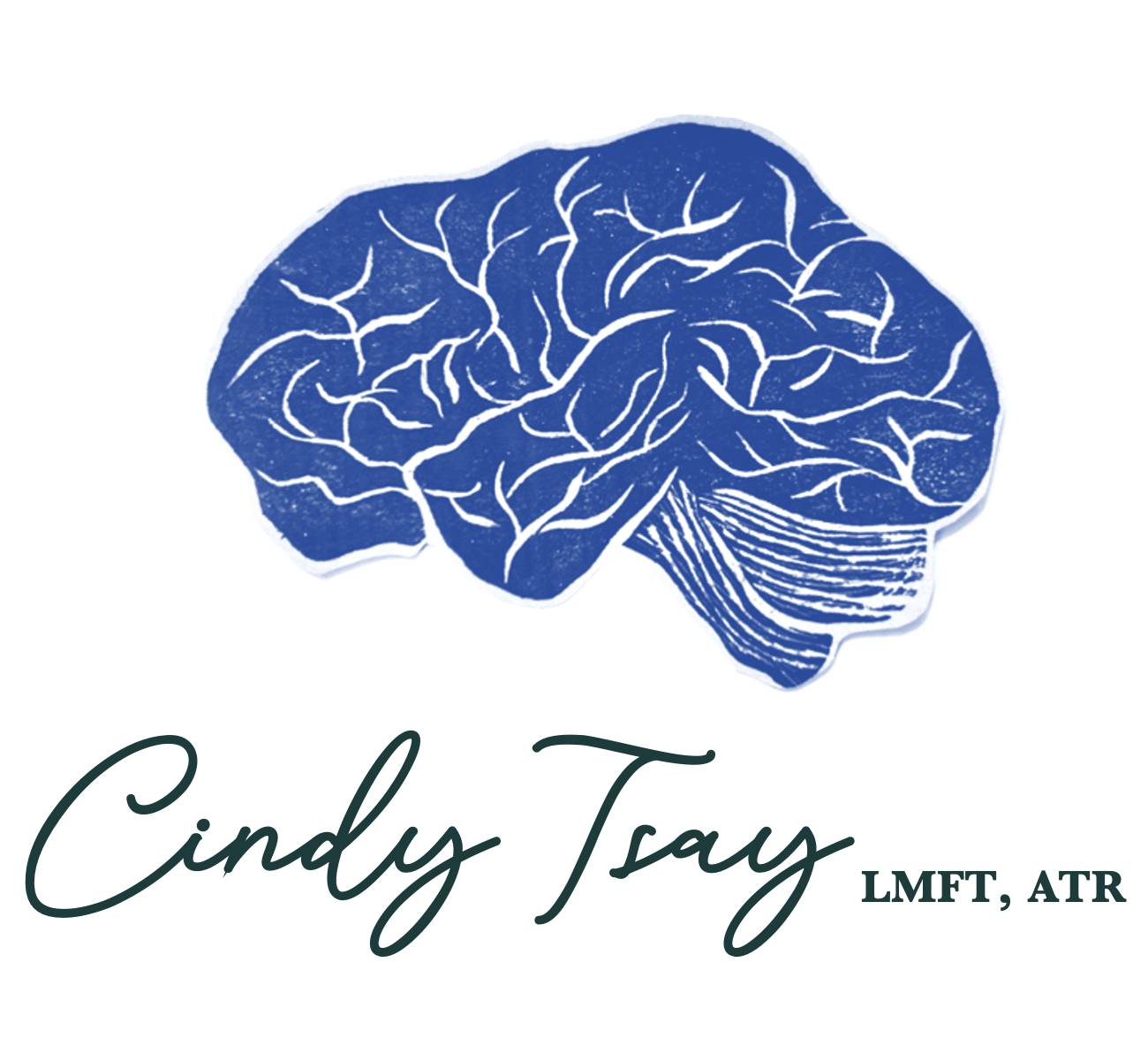TRAIN YOUR THERAPIST
ARTHUR E. JONGSMA, Jr., PhD, The Adult Psychotherapy Homework Planner, Fifth Edition
TELL YOUR THERAPIST WHAT WORKS AND HAS WORKED FOR YOU
Each person and couple is unique. You can help your therapist by indicating which styles and questions he or she uses work best for you as an individual and as a couple. That does not mean that you run the therapy. The therapist does have some expertise and good reasons for doing what he or she is doing, but a good therapist also has some room for flexibility. If you have been in counseling before and found some aspect or method particularly helpful, let your therapist know about that.
LET YOUR THERAPIST KNOW WHEN HE OR SHE DOES SOMETHING RIGHT
Therapy can be a difficult and challenging field of work. Your therapist sees people when they are at their most stressed and sometimes their most impatient. Sometimes the therapist doesn’t know whether he or she has been helpful, because people don’t return or because change takes some time. So, most therapists appreciate hearing that they have done something that worked or was helpful. This can also make your therapy experience more productive, since your therapist will have your feedback to guide him or her in future attempts to help you.
TELL YOUR THERAPIST YOUR EXPECTATIONS
If you attend therapy expecting to go back to your childhood to find the roots of the problem and your therapist focuses on the present, you are bound to be frustrated if that expectation isn’t brought up and discussed before you proceed. Also, you might indicate how long you had anticipated you would attend therapy, and how often, to make sure you and the therapist are on the same track.
TELL YOUR THERAPIST WHAT DOESN’T WORK
Like telling your therapist your expectations and letting him or her know what has worked or is helping, letting your therapist know when something isn’t helping is important. This includes what is happening at home as well as during your therapy sessions. This gives the opportunity for midcourse corrections in the therapy process.
TELL YOUR THERAPIST YOUR OBJECTIONS
Some people think that they shouldn’t speak up about their worries or objections to their therapist’s suggestions, but a free and frank discussion about any misgiving helps your therapist deal with your concerns and make any adjustments to ensure a higher likelihood of success.
ASK QUESTIONS
Ask about the therapy process, fees, any suggestions or methods, the therapist’s training and qualifications, or anything else you are curious about. If the subject gets too personal or the therapist considers the questions intrusive or inappropriate, he or she will let you know.
DEMAND THAT YOUR THERAPIST SPEAK IN EVERYDAY LANGUAGE
All professions have jargon and buzzwords. If your therapist suggests “an MMPI to check out whether you have MPD or ADHD,” you have a perfect right to have a translation in language you understand.

